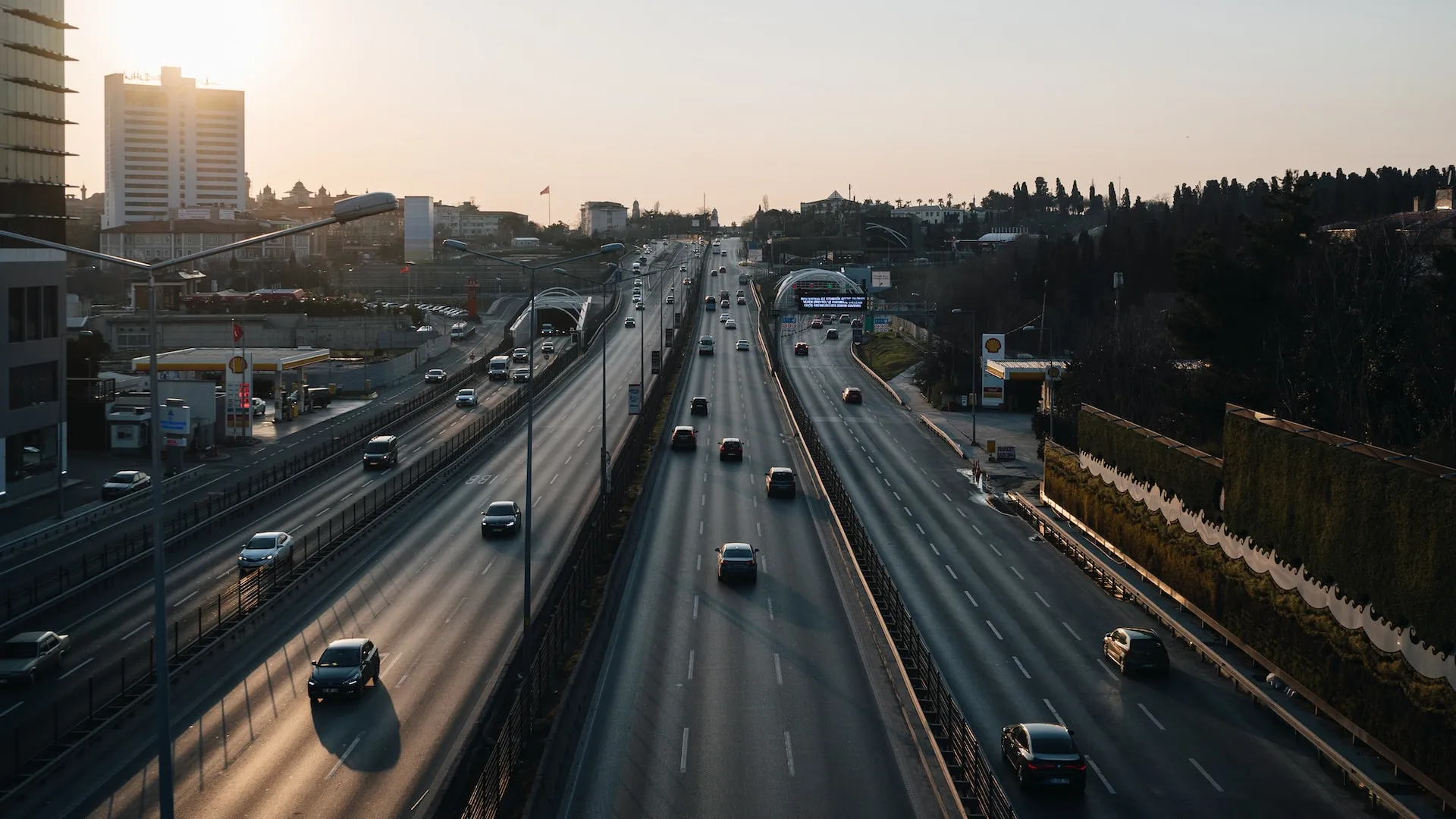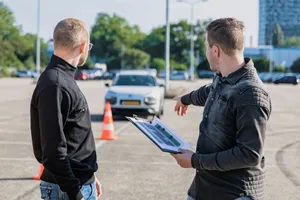Navigating the winding roads of Turkey can be quite an adventure for any expatriate. From bustling city streets to serene coastal drives, each journey presents a unique blend of challenges and experiences.
This guide aims to help you unlock the secrets of driving in this culturally rich nation that straddles Europe and Asia. It encompasses everything from understanding the local driving laws and acquiring a Turkish driving license to deciphering the subtleties of local road etiquette. As an expat, your ability to adapt to a new driving environment can significantly influence your overall experience of living in Turkey.
Whether you're planning a road trip across the Turquoise Coast or navigating the vibrant streets of Istanbul, this guide will be your trusted companion, ensuring you drive with confidence and ease in Turkey.
Driver's Licence Requirements: Foreign and Turkish Licences
Obtaining a valid driver's licence is the first step to driving in Turkey legally. Expats can use their foreign driver's licences in Turkey for up to six months from their arrival date. However, it is advisable to have an International Driving Permit (IDP) along with your national licence, as it provides a widely recognised translation of your driving credentials. Some countries, like the UK, have a bilateral agreement with Turkey, which allows their licences to be directly exchanged for Turkish ones.
After the six-month period, expats must convert their foreign driver's licences to a Turkish licence, for which the following documents are required:
- Residence permit
- Original and translated copy of the national driver's licence
- Health report obtained from an authorised healthcare institution
- Biometric passport photo
- Original and copy of your passport
- Address confirmation document
Upon submission of these documents to the local Traffic Registry Office, a temporary licence is issued, which can be exchanged for a permanent Turkish licence upon successful completion of a driving test. Note that traffic regulations may vary slightly between Turkish provinces and cities.
Vehicle Registration and Insurance: Ensuring Compliance
For expats bringing their personal vehicle to Turkey, it is essential to register it in the country and obtain the necessary insurance coverage. Importing a vehicle involves several steps, including customs clearance, obtaining a Residence Blue Card, providing vehicle documentation, and paying the relevant fees and taxes. After completing these steps, you can register the vehicle with the local Traffic Registry Office.
When registering a vehicle, you must also purchase mandatory motor vehicle insurance, known as Traffic Insurance (Trafik Sigortası), which covers damages to third parties in case of an accident. Additionally, it is advisable to obtain comprehensive insurance coverage (Kasko) for theft, natural disasters, and accidents involving only your vehicle. Several insurance companies offer these policies in Turkey, making it easy for expats to compare and choose the most suitable coverage.
Driving Etiquette and Road Safety: Adapting to the Local Environment
Driving in Turkey can be an exciting and stimulating experience, but it is crucial to familiarise oneself with local traffic rules and driving etiquette to ensure a safe journey. Here are some important tips to keep in mind:
- Drive on the right-hand side of the road and overtake on the left.
- Seat belts are mandatory for both front and rear passengers.
- Use of mobile phones while driving is prohibited, unless using a hands-free system.
- The legal blood alcohol limit for drivers in Turkey is 0.05%. Exceeding this limit can result in severe fines and penalties.
Turkish drivers are known for their assertive driving style, often involving close tailgating, excessive honking, and frequent lane changing. Expats should practice defensive driving and maintain a safe distance from other vehicles to avoid potential incidents. Additionally, the road conditions in Turkey can range from well-maintained highways to narrow, poorly lit rural roads. Be prepared to adapt your driving style according to the varying conditions, and remain vigilant, especially in unfamiliar areas.
Navigating Turkish Roads: Understanding Road Infrastructure and Signage
Turkey has a relatively well-developed road infrastructure, consisting of motorways (otoyol), multi-lane highways (dual carriageways), and single-lane rural roads. Tolls are common on motorways and expressways, with fees being collected through the HGS (Hızlı Geçiş Sistemi) or OGS (Otomatik Geçiş Sistemi) electronic toll systems.
Traffic signs in Turkey generally follow international standards, with some unique signs specific to the country. Familiarise yourself with these signs to ensure smooth navigation and adherence to the traffic rules. In cities, traffic can be congested, particularly during rush hour, and parking might be challenging. Expats should consider using a GPS device or smartphone navigation app to facilitate easier navigation and route planning.
Parking Regulations: Know Where to Park
Expats driving in Turkey must be aware of the various parking regulations to avoid fines or misunderstandings. Although street parking is possible in many areas, always look for designated parking signs or parking meters to ensure compliance with local rules. In urban centres, paid parking zones (özel otopark) and private parking facilities (kapalı otopark) are commonplace, providing more secure and convenient parking options.
Traffic Fines and Penalties: Avoiding Legal Troubles
Violating traffic rules in Turkey can result in fines and penalties, ranging from relatively minor fees for parking infringements to severe punishments for reckless driving or driving under the influence of alcohol. Familiarise yourself with the common traffic offences and associated fines to ensure safe and lawful driving.
Navigating the Highways and Byways: A Complete Expat’s Guide to Driving in Turkey
By investing time in understanding the requirements, rules, and etiquette of driving in Turkey, expats can enjoy a safe and enjoyable driving experience while exploring the beautiful landscapes and vibrant cities of the country.
Adhering to the local regulations, maintaining a cautious approach to driving, and being knowledgeable about road infrastructure and traffic rules contribute not only to a positive expat experience but also to safer roads for everyone in Turkey.
To learn more about our immigration services in Turkey, get in touch with us at Ikamet, and see how we can help you settle seamlessly into a new country you can now call your home!










Member discussion